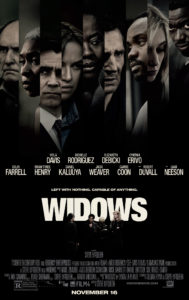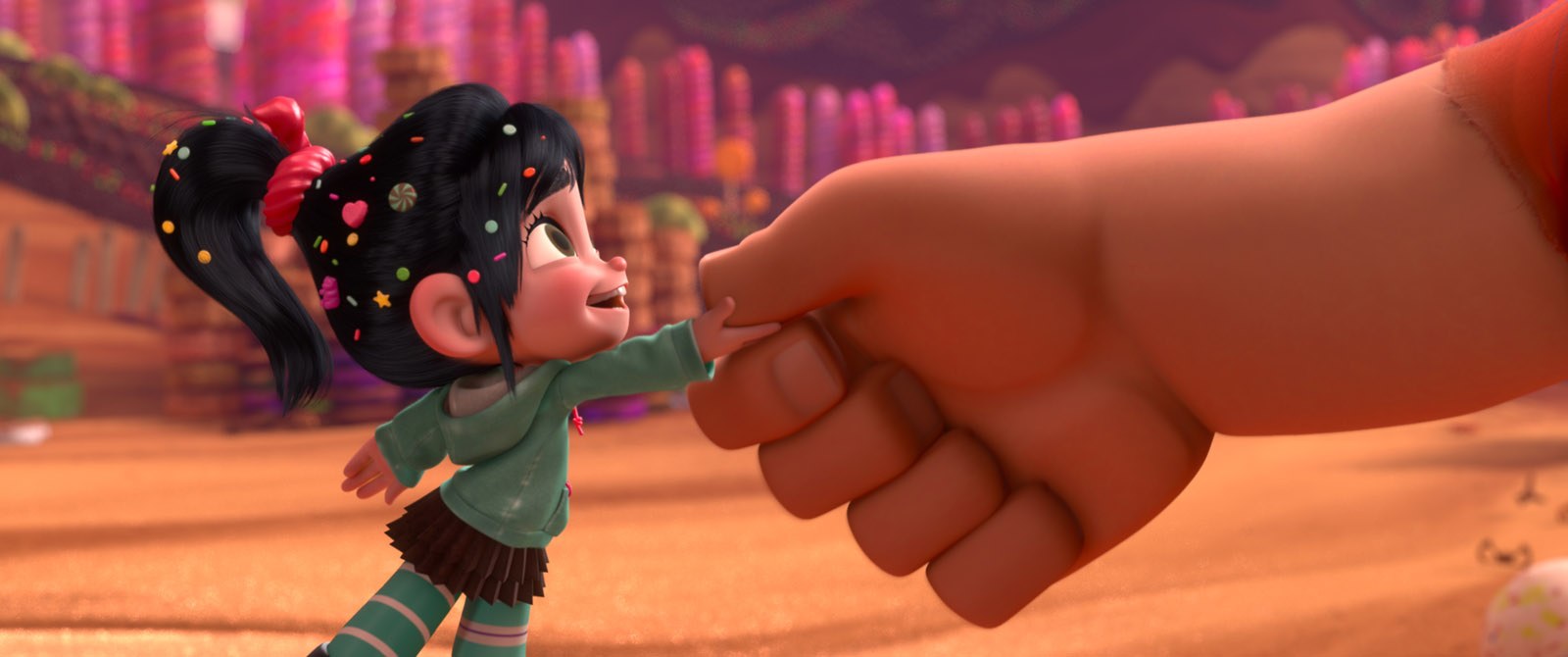 It has been mentioned by many at this point but considering the type of story Steve McQueen usually endeavors upon, this is not the type of property one might have expected. Lynda La Plante’s 1983 British mini-series doesn’t quite have the thematic heft that McQueen’s prior works had, however McQueen’s love for the property is significant from reports. All that being said, McQueen does his best to give style and substance to what could have been a more self-serious Ocean’s 8. This is largely achieved by transplanting the setting of the narrative from London, England to Chicago, Ill. with all of that city’s political maelstrom and racial tensions in tow.
It has been mentioned by many at this point but considering the type of story Steve McQueen usually endeavors upon, this is not the type of property one might have expected. Lynda La Plante’s 1983 British mini-series doesn’t quite have the thematic heft that McQueen’s prior works had, however McQueen’s love for the property is significant from reports. All that being said, McQueen does his best to give style and substance to what could have been a more self-serious Ocean’s 8. This is largely achieved by transplanting the setting of the narrative from London, England to Chicago, Ill. with all of that city’s political maelstrom and racial tensions in tow.
It feels strange to watch a Steve McQueen film that doesn’t showcase Michael Fassbender since he has been a standard chess piece for the director in all of his features leading up to now. However, with a cast list like Widows has, it easily makes up for any void that might have been present with Fassbender’s absence. For one, Viola Davis has proven herself to be the acting score of the century leaving trails of weeping men in her wake. Yet I submit that there isn’t a single weak spot in this largely ensemble piece of work from Colin Farrell to Brian Tyree Henry to Elizabeth Debicki and Michelle Rodriguez.
But isn’t this just another heist film? Sure, it is. Why should I care? Because McQueen doesn’t actually care about the heist, he is infatuated with characters and the toll that grief, greed, power and abuse take on them. Whenever the twists happen in this film, we aren’t so much in awe of the film’s cleverness but concerned about whether it will send one of the characters off the ledge that they are already perched upon. This film could have had the worst formulated heist in film and it would not have mattered because by the time the montages and preparation begin, we are fully invested in the lives of these four women and how they are disadvantaged by the society they live in and the men they loved.
 McQueen waits an inordinate amount of time into the film before he gets the ball rolling on what is essentially, for many people, the reason to come see the film in the first place. Instead he intends to set up the stakes for the story by introducing various dynamics that will come into play at some point during the film, whether implicitly or explicitly. Political divisions, race, class, gender, and generational effects of sin all play part in the overarching vision that McQueen sets out to deliver. Though any and all of these run the risk of being ham-fisted, none of them take precedence because of the efficient storytelling that is required by a typical heist film. The character conflicts can never be nailed down too specifically as “racism” or “class.” The conflicts encompass a chaotic concoction that could not be called anything but…well…human.
McQueen waits an inordinate amount of time into the film before he gets the ball rolling on what is essentially, for many people, the reason to come see the film in the first place. Instead he intends to set up the stakes for the story by introducing various dynamics that will come into play at some point during the film, whether implicitly or explicitly. Political divisions, race, class, gender, and generational effects of sin all play part in the overarching vision that McQueen sets out to deliver. Though any and all of these run the risk of being ham-fisted, none of them take precedence because of the efficient storytelling that is required by a typical heist film. The character conflicts can never be nailed down too specifically as “racism” or “class.” The conflicts encompass a chaotic concoction that could not be called anything but…well…human.
This is what makes the film work regardless of the potential critiques of whether it works within the genre it is utilizing. It is so authentically human. And this is what ties the film in with the rest of McQueen’s oeuvre. It’s telling that McQueen truly seems to care about people. Within the machinations of a heist film, it is easy to lose the humanity of characters to a simple being of cogs in the magic show. They are fun to watch, but they seldom hit someone in the gut. Widows gut punches the audience over and over again while never becoming dull or losing its pace. It’s a heist film with feels. All the feels.
Review| Widows (2018)
Previous articleMaybe Redemption Has Stories to Tell: Warrior (2011) & Good Will Hunting (1997) Next article Reel World: Rewind #032 - Wreck-it Ralph
Next article Reel World: Rewind #032 - Wreck-it Ralph
 Next article Reel World: Rewind #032 - Wreck-it Ralph
Next article Reel World: Rewind #032 - Wreck-it Ralph
